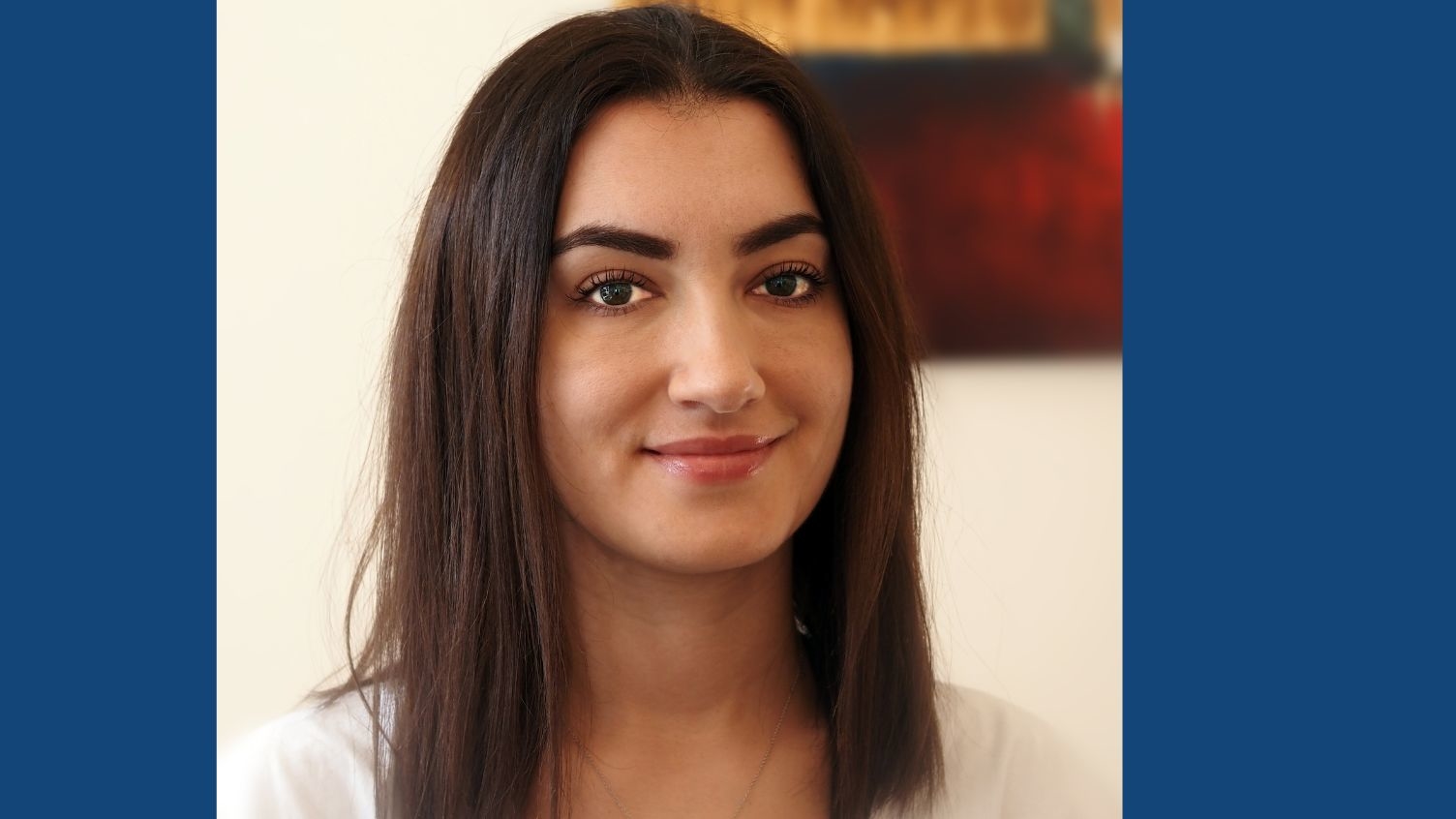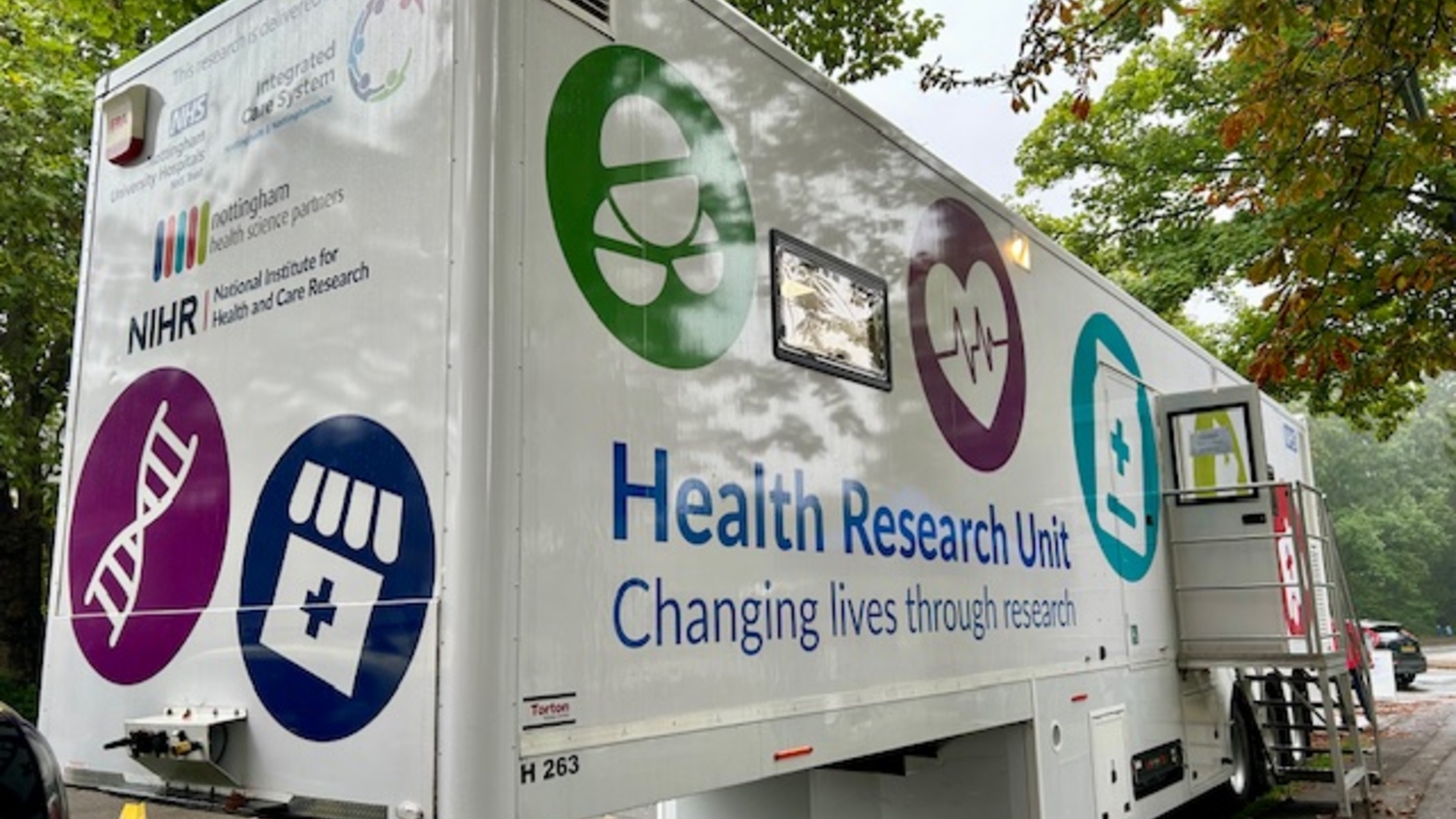Participants take part in genetics study as CRN Greater Manchester visits mosque
- 02 November 2023
- 3 min read
People of Pakistani and Bangladeshi heritage have explained why they wanted to be part of research after CRN Greater Manchester visited their mosque in south Manchester.
Genes and Health is a research study set up to help fight against heart disease, diabetes and other major diseases.
Participants have spoken about why they wanted to be part of a major genetics study after a research team visited their local mosque in south Manchester.
They had the opportunity to get involved following their Friday Prayers when members of CRN Greater Manchester's Delivery Team went to Dar Ul Uloom Islamia mosque in Longsight.
South Asian people have some of the highest rates of heart disease, diabetes, and poor health in the UK. Genes and Healthis a research study set up to help fight against these and other major diseases.
By involving large numbers of Bangladeshi and Pakistani people, the study hopes to find new ways of improving health for communities in the UK and worldwide.
A total of 60 people consented to participate in the study at the mosque by giving a small saliva sample and providing some basic medical information. This added to the overall recruitment to the study across Greater Manchester which stands at more than 1,000 people.
Usman Muhammad, 27, of Burnage, was among those to take part. He said:
"The reason I thought it was important is because I am Pakistani myself. Being from the background, I'm aware that diabetes and high blood pressure is a common issue that we have within our community. I saw this as a good opportunity to provide my own sample and hopefully it helps towards the research."
Ahmed Tasin, 23, of Longsight, also took part. He said:
"If it helps even one minuscule bit, then hey, by all means. That little step can be something great some day."
Jo Henry, CRN Greater Manchester Delivery Team Matron, said:
"We had our Principal Investigator, Professor Bill Newman, give a talk at the end of the Friday Prayer session, and then people were encouraged to come down and see us and take part in the study. We've had some fantastic engagement from the congregation and managed to recruit 60 people to the study.
"We are really passionate about taking research out into our local communities so that the research reaches those that need it most. So we just want to say a huge thank you to all those that have taken part and thank you to the mosque for allowing us this opportunity."
Jo Henry and Caroline Winckley, Clinical Research Practitioner, presented a certificate (pictured) to the mosque in recognition of its contribution to the delivery of research in the community.
Imam Qasim Akram, from Dar Ul Uloom Islami mosque, said:
"Our community, they need to understand what is going on in our genes in our community, especially the Pakistani community, especially the Bangladeshi community. We need to know what is going on in our bodies, because we normally don't go to the doctor much. We go after years. People in our community think nothing is going on in our body until we go to the doctor, and yes it can be too late.
"Plus, they get scared that our data is going to be shared with other people as well, but the researchers today assured them that is certainly not the case."


